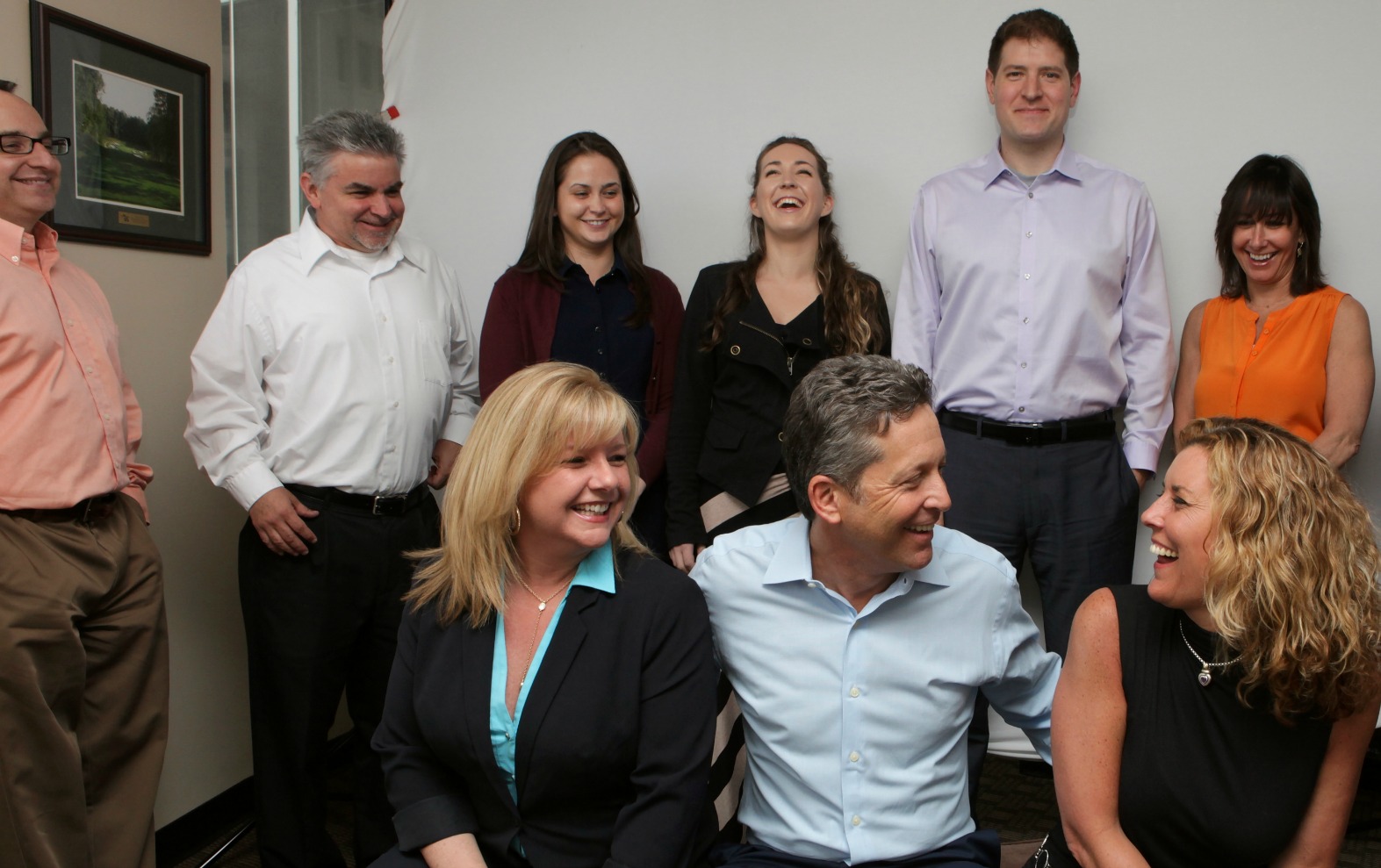Mindful Culture: Create It or It Creates You
When I set out to build Bridgewater Wealth & Financial Management, I have to be honest, I didn’t think about culture that much. I thought a lot about the best ways to serve my clients and hiring the most talented people to accomplish this. These things are important considerations for any firm to be successful, so it was with good reason that I paid attention to them.
Fast-forward many years, Bridgewater Wealth had grown significantly and continued to be successful. I enjoyed the work that we did for our clients and we continued to make service a priority. But through my own personal journey of seeking greater clarity of my own purpose in the world, I realized that we hadn’t intentionally created a culture. We had proven over the years that we could do great work for our clients, however, it was the “way” in which we were doing it that I knew could be better. To be completely transparent, we didn’t communicate as well as we could have with each other and that was having an impact on our daily interactions and ultimately the culture of our firm.
How many of us actually focus on creating an exceptional day at work for ourselves, our co-workers and our clients? More importantly, how many of us know how to do that day-in-and-day-out? This is the culture that I set out to build at Bridgewater Wealth.
Enter conscious positive leadership. The basic idea is to become mindful about how you are having a conversation, not just what you have a conversation about. Conscious positive leadership also considers how to apply the best science that supports positive cultures and leadership, which is why I chose this approach when I sought to shift my company’s culture. It emphasizes being mindful about how we are having conversations and noticing when we are speaking from unconscious fear versus trust. With this work on-board, we began to ask questions like:
· How do we talk about the things that go wrong in a constructive way to replace fear of failure and blame with problem solving and improvement?
· What do we do when we get ourselves stuck with each other and how do we remain open versus becoming defensive?
· Why should we focus on using our strengths and creating connections with one another and practice appreciation more than criticism?
Through the work of DS Leadership Life, Bridgewater was able to begin the creation of our culture with intention. We adopted a common language, a way of working with conflict and resolving issues that would otherwise recycle. We have also been able to minimize drama and focus on being effective at work while enjoying what we are doing together. These are benefits that don’t come about without intention in a culture. The point being, we created our culture mindfully, rather than allowing it to create us. Now, we get to focus on what it is we want to create next instead of only attempting to avoid problems. I have found that this is not only a great way to work, but a great way to live.
